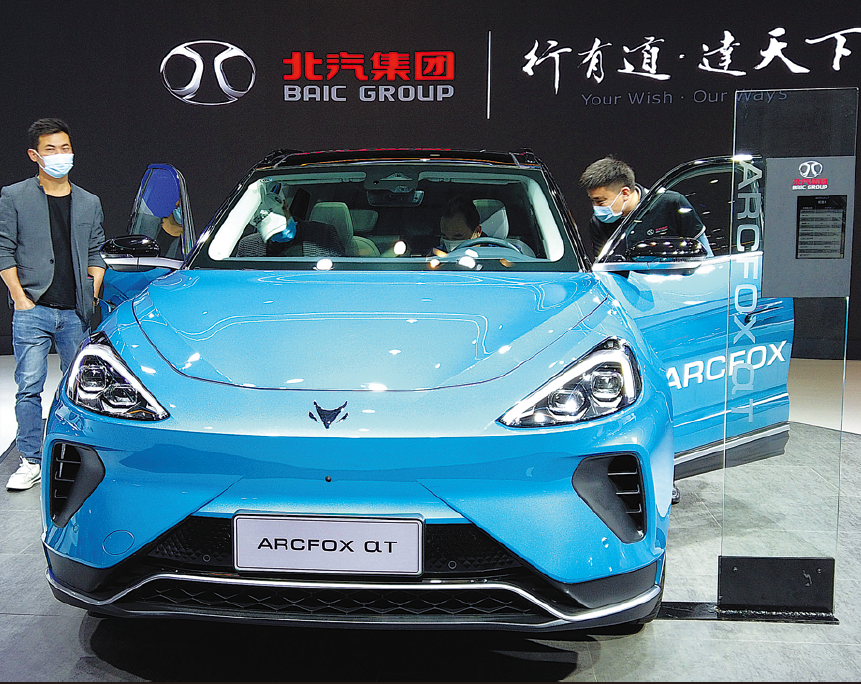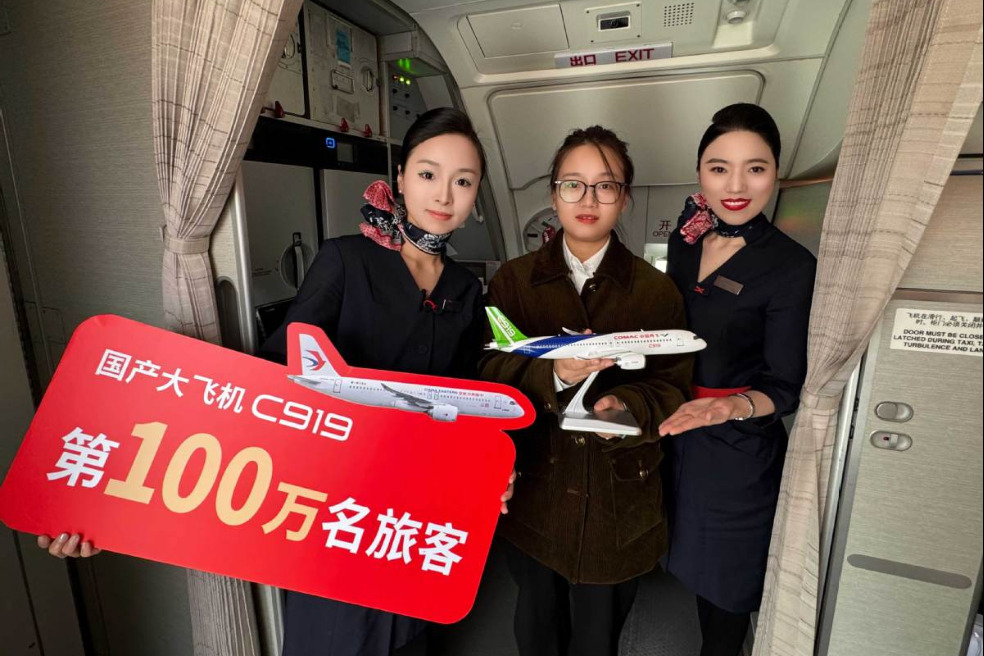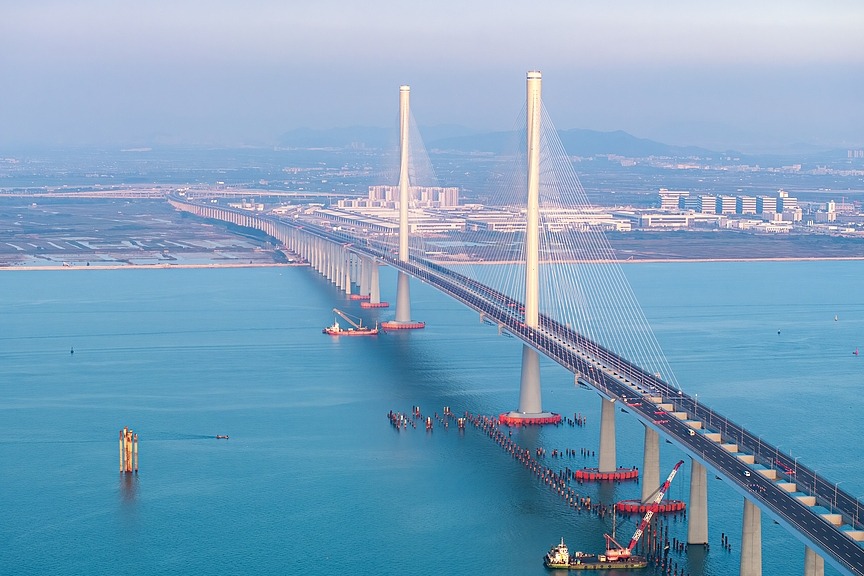Discounts launched to lure new plate holders


Lottery announcement stirs up selling frenzy among carmakers as competition intensifies
This year's car number plate lottery in Beijing has caused a frenzy among new energy vehicle makers eager to lure Chinese customers who struck it lucky on the lottery results announcement day.
As in previous years, Beijing offered 100,000 number plates with 60,000 of them specifically allocated for new energy vehicles. For the first time this year, 60 percent of all new plates were allocated for families.
A total of 32,520 families and 21,680 individuals won NEV license plates, with the rest going to companies last week.
According to the Beijing Municipal Commission of Transport, there were 153,944 families and 403,129 individuals applying for NEV license plates as of March 8.
The capital introduced an annual quota on new car registrations in 2011 to ease traffic congestion and combat smog. From this year, Beijing adjusted its lottery to prioritize families.
To capitalize on the raft of new plate holders, NEV makers started early, launching sales campaigns last week.
BJEV, the new energy arm of State-owned BAIC Group, has discounted its prices and services in a bid to attract potential buyers.
The carmaker launched the EU5 Plus on Wednesday. Customers can get a preferential package if they place an order before the end of August. It is also selling 300 EU5 models priced at 94,900 yuan ($14,923) with a trade-in subsidy of 20,000 yuan, battery warranty, free 24-hour rescue and other services.
Beijing Hyundai is providing 400 yuan in cash for new NEV plate holders who visits one of their 4S stores. Customers who buy its Mistra will receive free car maintenance, a replacement subsidy, interest-free installments and other preferential services.
With all these promotional events, the 60,000 license plate holders are expected to boost NEV sales in the short term and models with intelligent features and strong ranges will be promoted, according to Ma Lianhua, an auto journalist-turned industry observer in Beijing.
Xu Haidong, a senior official at the China Association of Automobile Manufacturers, said that while the NEV industry in China is developing fast, the market is getting bigger and carmakers are facing fiercer competition and need to pay more attention to their product quality and brand building.
It's not just at home that Chinese NEVs are taking off, with several manufacturers beginning to export their models overseas in recent months.
Earlier this month, Chinese NEV makers Nio and BYD announced they are entering the European market. Xpeng, WM Motors and SAIC have also exported their models overseas.
Chinese carmakers have even helped to draft NEV policies for overseas markets. Last week, SAIC-GM-Wuling said its subsidiary in Indonesia will help draft local NEV industry standards and policies, as the Southeast Asian country speeds up its shift toward electrification.
"The Chinese government has announced clear plans to raise NEV sales to 20 percent of the automotive market by 2025, and 50 percent by 2035, and as time goes on, these look more and more achievable," London-based commodity researcher CRU Group reported earlier this month.
Analysts at CRU said that China may start to target international buyers in the coming years, given that it already has a head-start in manufacturing scale over the West and that government subsidies to the industry are starting to decline.
CRU points out that, although feasible, exporting electric vehicles may not be an easy thing for Chinese manufacturers, "but if Chinese EVs were price-competitive, widely available and marketed appropriately, we believe that there is no reason why they could not be successful globally in the coming decade", the report said.
Sales of new energy vehicles in China rose nearly 250 percent year-on-year in the first four months of this year, according to data from the CAAM, and the outlook for the rest of the year remains positive.
In April, new energy vehicle sales were up 180 percent year-on-year, with more than 200,000 sold across the country.
Cui Dongshu, secretary-general of the China Passenger Car Association estimated that NEV sales will reach 2.5 million in 2021. Of those, 2.2 million will be NEV passenger cars. Total NEV sales reached 1.37 million last year.




































